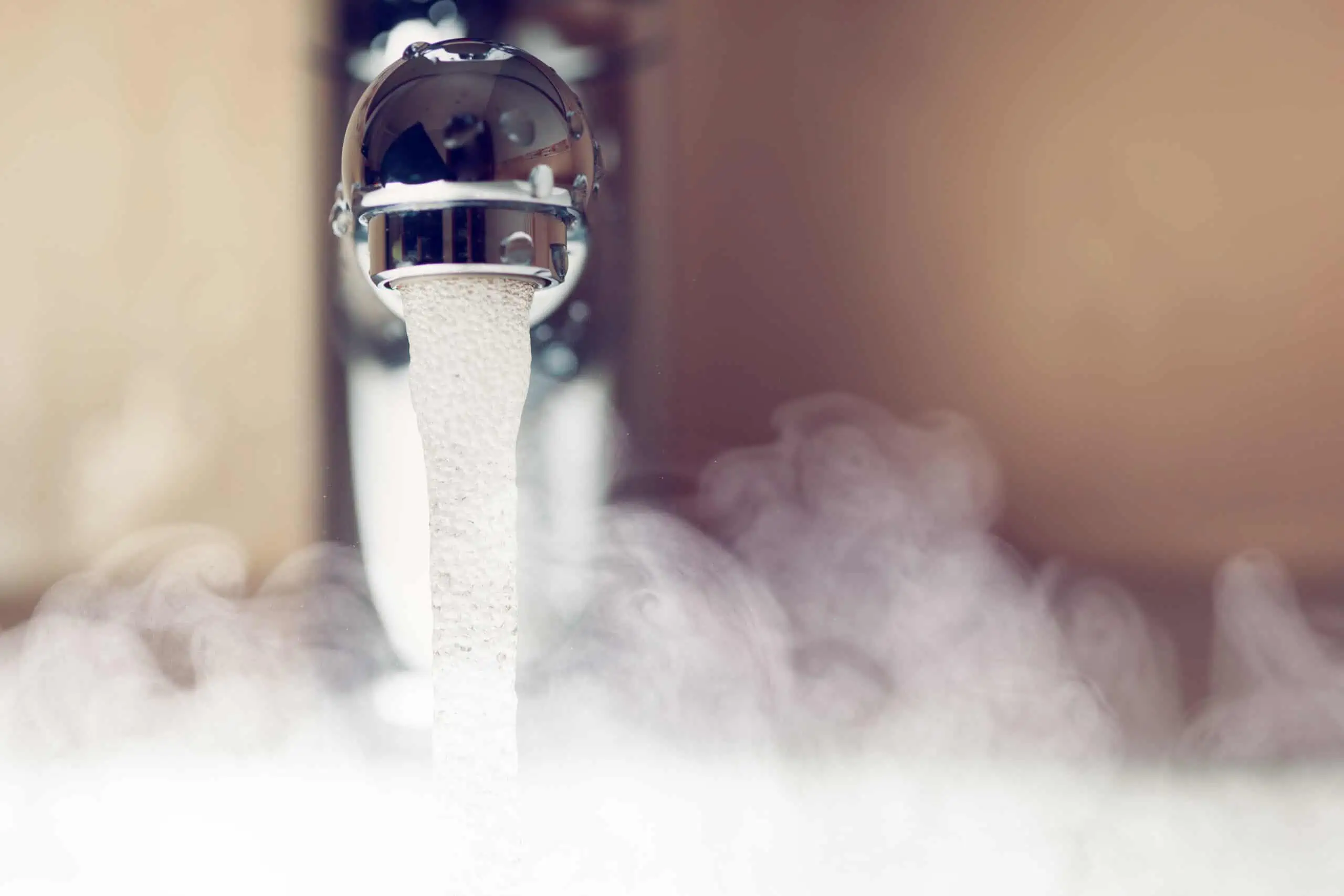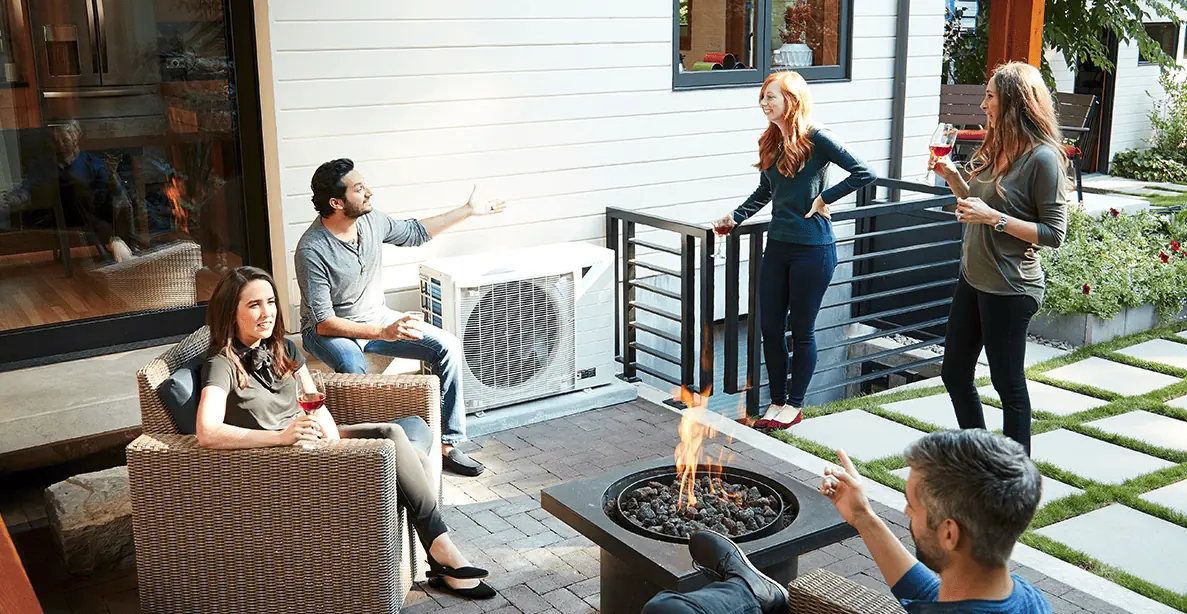How to Tell If Your Water Heater Is Working (Before There’s a Problem)
Your water heater is one of those appliances that is easy to take for granted until it stops working one day. There may be some signs that it’ll need attention before your life is filled with cold showers. If you can learn to spot the symptoms and signs, you’ll gain more insight into how to … Read more









